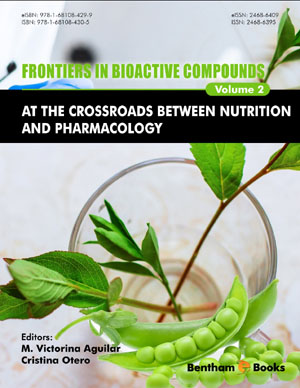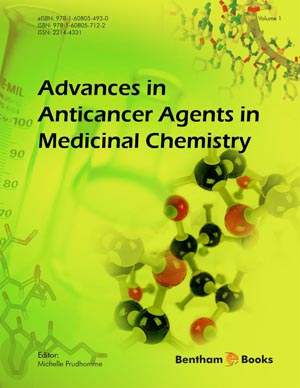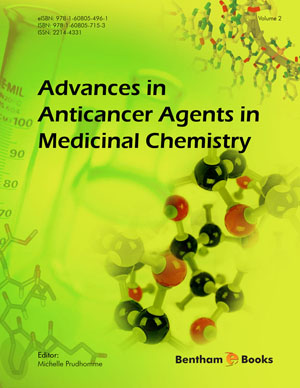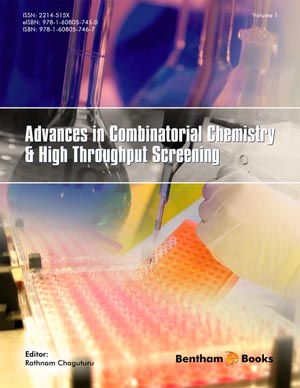Abstract
Prostate cancer (PCa) is the most common solid neoplasm and is one of the major causes of cancer mortality among men. Recent studies have shown the beneficial effect of some nutrients in PCa management. Natural phytochemicals often have pleiotropic effects, targeting virtually every molecular signaling pathway, which makes them promising agents for multi-target anti-cancer therapy. Furthermore, they are usually well-tolerated, easily available and cost-efficient. This chapter describes the variety of naturally occurring bioactive compounds used for the treatment and prevention of prostate cancer, especially focusing on dietary polyphenols and their analogs, including green tea polyphenols, resveratrol and curcuminoids, vitamins, organosulfur compounds from onions and garlic (predominantly allyl derivatives) and phytochemicals from cruciferous vegetables. While some of these compounds (e.g. curcumin and sulforaphane) have established anticarcinogenic properties, the others provide contradictory results in preclinical and clinical studies. Selenium and vitamin E supplementation is the most prominent case of such controversy. In this chapter, we cover molecular mechanisms that lead to PCa progression, as well as key mechanisms of antitumor action. Impact of different nutrients on cancer-associated epigenetic modifications is analyzed. Results of epidemiological studies and dietary interventions conducted to date are also provided. Main challenges associated with design and interpretation of such interventions are discussed, together with major issues of developing naturally occurring compounds into clinically used agents. While a promising scientific area, further research is required to completely elucidate the relationship between nutrients and PCa.
Keywords: Bioactive compounds, Dietary phytochemical, Minerals, Polyphenols, Prostate cancer, Therapy, Vitamins.




















